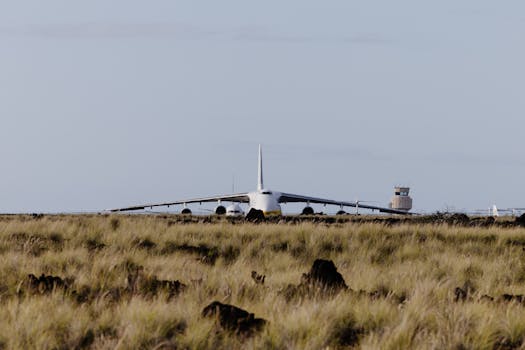You'll usually need a degree or postgraduate qualification in engineering or a related subject. Courses include:
- aerospace engineering
- aeronautical engineering
- electrical or electronic engineering
- mechanical engineering
- physics
- mathematics
You may be able to do a postgraduate course in safety and accident investigation, which covers air transport.
Some investigator roles look at the part played by human factors in an incident, and a degree and postgraduate qualification in psychology would be useful for these.
As well as a university qualification, you'll need several years experience of working in aircraft engineering.
A pilot's licence may also be required for some jobs, like an air accident operations inspector.
Entry requirements
You'll usually need:
- 2 or 3 A levels, or equivalent, including maths
- a degree in a relevant subject for postgraduate study





